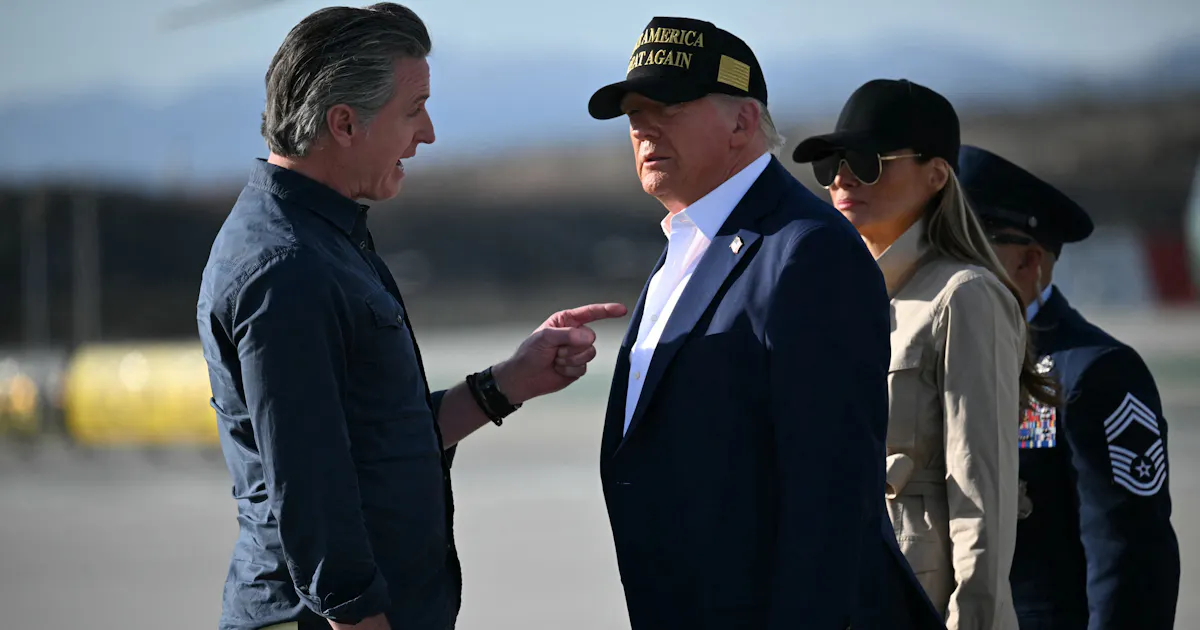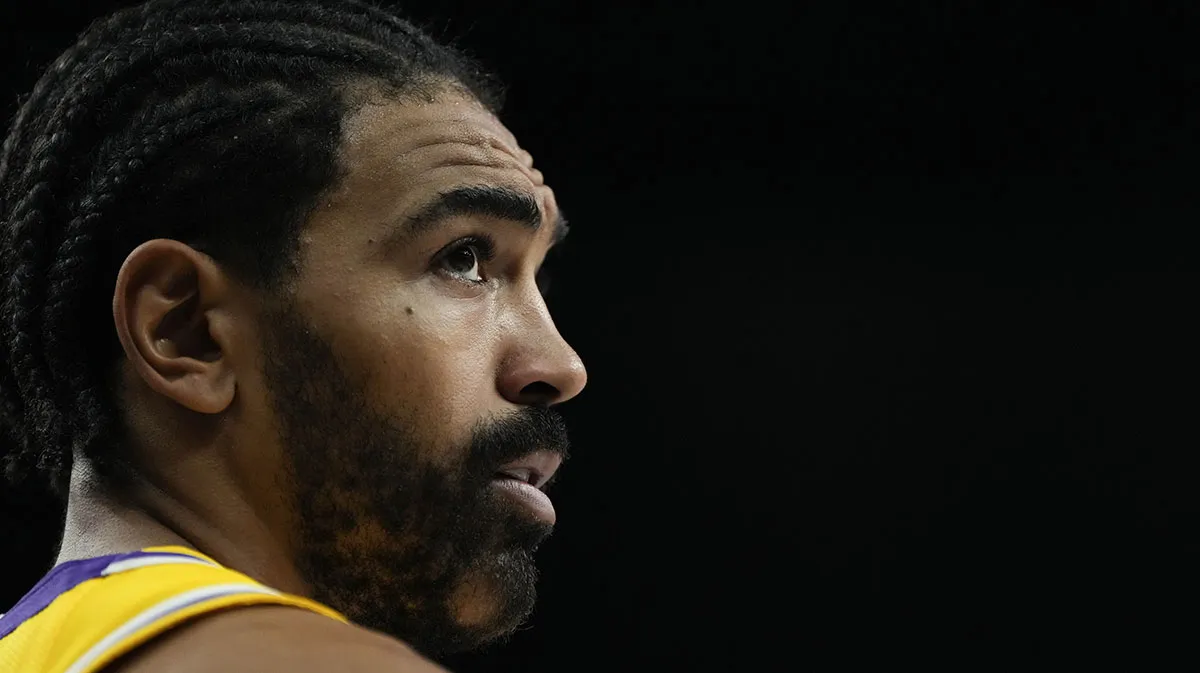Copyright newrepublic

The administration argued that the latter two conditions were met in Los Angeles (and in the other two cities, for that matter) because protesters were obstructing federal efforts to carry out mass deportations. Before that point, however, it also argued that the federal courts had no jurisdiction over Trump’s actions, citing the 1827 case Martin v. Mott. Martin involved President James Madison’s use of the New York militia during the War of 1812. Jacob Mott, a member of the militia, refused to comply and was court-martialed after the war ended. This was not uncommon as many Federalists in New England opposed the war. In a subsequent lawsuit, Mott claimed that his court-martial was invalid because he had not disobeyed lawful orders, effectively rejecting Madison’s authority to call up and direct the militia during the war. The Supreme Court disagreed and ruled that Madison’s actions were lawful. Justice Joseph Story wrote in broad strokes. He concluded that Congress had lawfully delegated the discretion about activating the militia to the president, and that his decision as to whether or not an emergency existed to justify it was “conclusive upon all other persons.” Story gave broad latitude to the president in these circumstances. “Whenever a statute gives a discretionary power to any person, to be exercised by him upon his own opinion of certain facts, it is a sound rule of construction, that the statute constitutes him the sole and exclusive judge of the existence of those facts,” he wrote.



